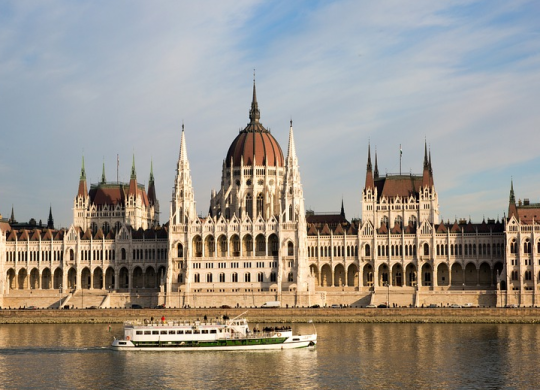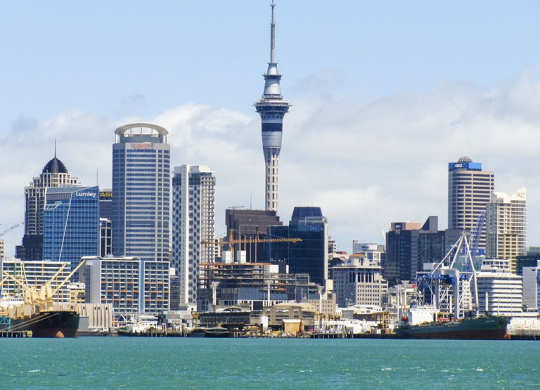Healthcare in Hungary: medical care, insurance and recreational tourism

Hungary is becoming a destination for medical tourism step by step, as its healthcare standards are slightly higher than in some neighbouring European countries. Many citizens from neighbouring countries come to Hungary in search of better quality treatment at more affordable prices. Although the level of medicine is generally of high quality, the public health service still has many problems. Public doctors are poorly paid, so the best of them go to work in the private sector. Treatment in a private clinic means shorter waiting times, more specialists and comfortable modern equipment.
What does a foreigner need to do to receive medical care?
The Hungarian healthcare system has recently undergone large-scale privatisation. Funding is mainly provided by the Health Insurance Fund (HIF), which provides free or subsidised medical care. Health insurance contributions come from employees – 3% of income – and from employers – 15%. HIF coverage is universal and provides access to outpatient and specialist care. All citizens are entitled to state medical care regardless of employment status. The government also pays contributions to certain groups, such as pensioners and the unemployed.
Foreigners who pay into the fund with their earnings are also entitled to treatment in public hospitals for a small fee. Uninsured foreigners receive basic medical services free of charge only in case of emergency or acute illness. This includes basic hospital services and care, as well as outpatient services. Emergency and first aid services in Hungary are free for everyone, even for tourists.
EU citizens can use their European health insurance cards to receive free or subsidised treatment in public institutions in Hungary that have a contract with the National Health Insurance Fund.
Private healthcare sector
Many foreigners living in Hungary choose private health insurance from local companies. This gives them access to good private hospitals with more English-speaking staff.
As in most other countries, private healthcare in Hungary is quite expensive. Some medical clinics, which cater mainly to foreigners, have an automated billing system with insurers. For more detailed information on prices and services at clinics specialising in treating foreigners, see:
Private insurers in Hungary have contracts only with private companies. However, if a patient requires surgery and has to be referred to a government hospital, medical care is provided for very low prices. For dental care, both locals and ex-pats usually visit private dentists. The cost of dental work, even private, is much lower than in the USA or Western Europe.
Recreational tourism
In addition to high-quality medical care, patients can also spend a period of rehabilitation in the country. Hungary offers a wide range of health and wellness centres and programmes:
• hot springs: thousands, without exaggeration, of mineral springs with a variety of therapeutic effects on the skin to internal organs. The most famous complex is the Szechenyi Baths;
• mud baths: at the bottom of Lake Hévíz there are warm therapeutic muds. The active ingredients are absorbed through the skin, stimulating the nerve endings, thus having a relaxing effect on the muscles and relieving pain;
• volcanic vapours: carbon dioxide, as a post-volcanic feature, has a therapeutic effect on circulation when inhaled or absorbed through the skin. You don't need to swing your legs over a volcano, just come to the village of Mátraderecske for Molfetta treatment.
Recommended articles
3 min
Treatment
Healthcare system in Australia: insurance, medical services and other important details
Undoubtedly, Australia is one of the key players in the medical tourism industry. The country is famous for its developed healthcare infrastructure, modern medical facilities and qualified specialists. Learn more about the peculiarities of the medical system in Australia
22 Jul. 2024
More details3 min
Treatment
2 min
Residence permit
Hungary residence permit: registration procedure, list of documents and changes in 2025
Expats who plan to live in Hungary must have a residence permit, which is divided into temporary and permanent. Find out how to get a document and what changes to the permit procedure Hungary will introduce in 2025
24 Oct. 2024
More details6 min
Treatment
All materials and articles are owned by VisitWorld.Today and are protected by international intellectual property regulations. When using materials, approval from VisitWorld.Today is required.